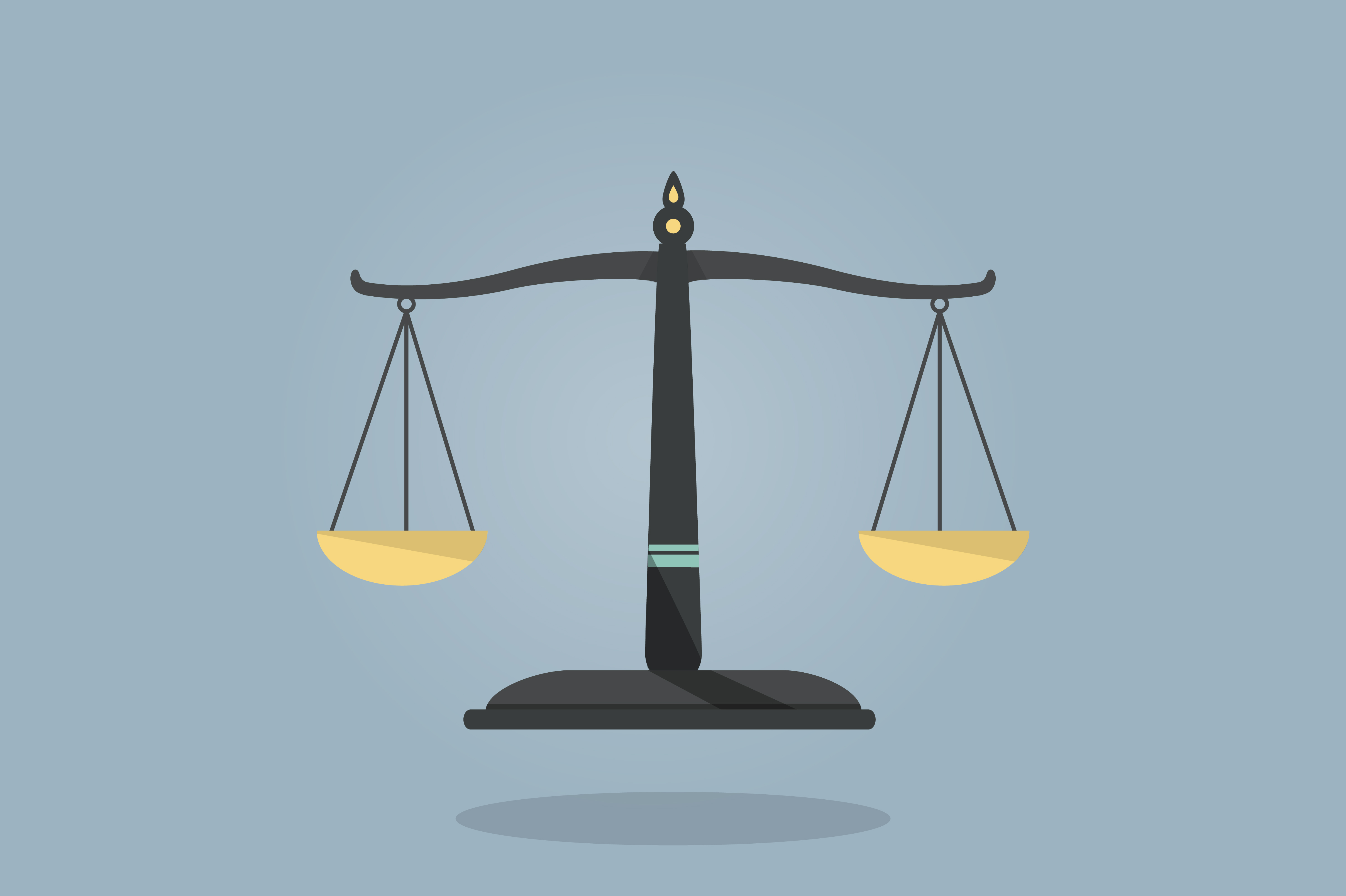Last updated: 31 May 2019
Employers have legal obligations relating to gender equality and equal treatment between men and women, these obligations being enforceable on companies having more than 50 employees, according to the provisions of the Methodological Norms for implementing Law no. 202/2006 on equal opportunities and treatment between women and men, published in the Official Journal no. 333 from May 2nd 2019.
The Methodological Norms focus on the actions to be taken by employers and the instruments to be implemented in order to ensure that the law is observed and that any gender equality-related discriminatory behavior is discouraged. Thus, employers having more than 50 employees have the possibility, not the obligation, to designate a person among these employees to be entrusted with responsibilities in the domain of gender equality or to employ an expert/technician in the domain of gender equality.
THE EXPERT AND ACTION PLANS
Here are some of the main attributions of the expert/designated person:
- Make recommendations/ observations/ proposals in order to prevent/ manage/ remedy any risk of violation of the principle of equal opportunities and treatment between men and women, by observing the confidentiality principle;
- Propose measures to ensure equal opportunities and treatment by assessing their impact on men and women;
- Elaborate action plans for the implementation of the principle of equal opportunities containing at least: measures aiming at promoting equal opportunities and treatment between men and women and abolishing direct and indirect discrimination based on gender, measures based on the prevention and fight against workplace harassment, on equal treatment with respect to remuneration, promotion and decision policies;
- Asses and implement programs and projects in the domain of equal opportunities and treatment between men and women;
- Give specialized advice on the application of national and EU legislation in the domain of gender equality.
According to the new standard for application, plans are elaborated by the expert or by the designated person authorized by the HR Department and the trade union (if the company has one) before being approved by the Management.
Such plans contain active measures with respect to gender equality, for instance:
- The elaboration of internal recruitment and new employees selection procedures which take into account the obligations relating to gender equality;
- The elaboration of internal procedures related to promotion, including access to managing positions, positions in the board of directors and private company surveillance;
- The elaboration of a policy on remuneration and of actual remuneration levels associated to the existent management and executive positions that are likely to ensure gender equality and abolish wage gaps between men and women;
- The implementation of an internal policy ensuring continuous formation and career development;
- The implementation of measures aiming at a better reconciliation of work and family life which can include provisions on: maternity leave, paternity leave, maternity, infant and dependent care, other types of family leave, specific ways of organizing worktime (part time, sharing of work spaces, telework, flexible worktime and other means of support for the benefit of children).
- The elaboration of a confidential and safe system for filing complaints related to sexual harassment and discrimination based on gender.
EMPLOYERS’ OBLIGATIONS
For the record, in order to prevent, fight and eradicate any discriminatory behavior, employers must abide by the following obligations:
- Introduce the ban on discrimination based on gender in internal regulations in an explicit manner and make sure that all employees are aware of this provision;
- Make sure that all employees are permanently aware of their rights relating to equal opportunities and treatment in work relations, by all possible means of communication such as: meetings, communications, messages sent via email or intranet networks, social networks, SMS, including visual display by conventional or electronic panels situated outside or inside the company’s building;
- Establish an internal procedure containing the institutional circuit of measures necessary to immediately inform the relevant authorities about any complaint filed by employees. The notification of relevant authorities shall be done with observance of the EU Regulation 2019/679 on the protection of natural persons with regard to the processing of personal data.
Finally, in order to create a working environment governed by the respect of gender equality and where sexual harassment does not exist, we believe that elaborating policies and procedures is not enough and does not considerably minimize the risk for the employer to incur legal consequences if this objective is not assumed by the management in the same way as any other business objective and if it does not comprise clear indicators measuring compliance with the law.
